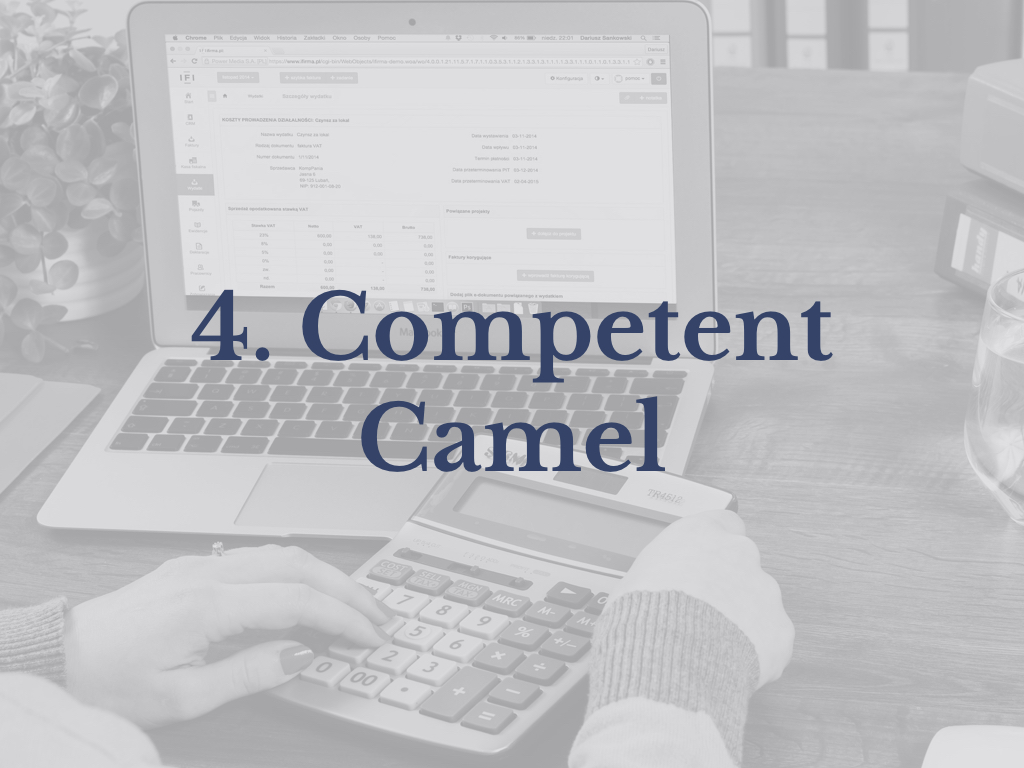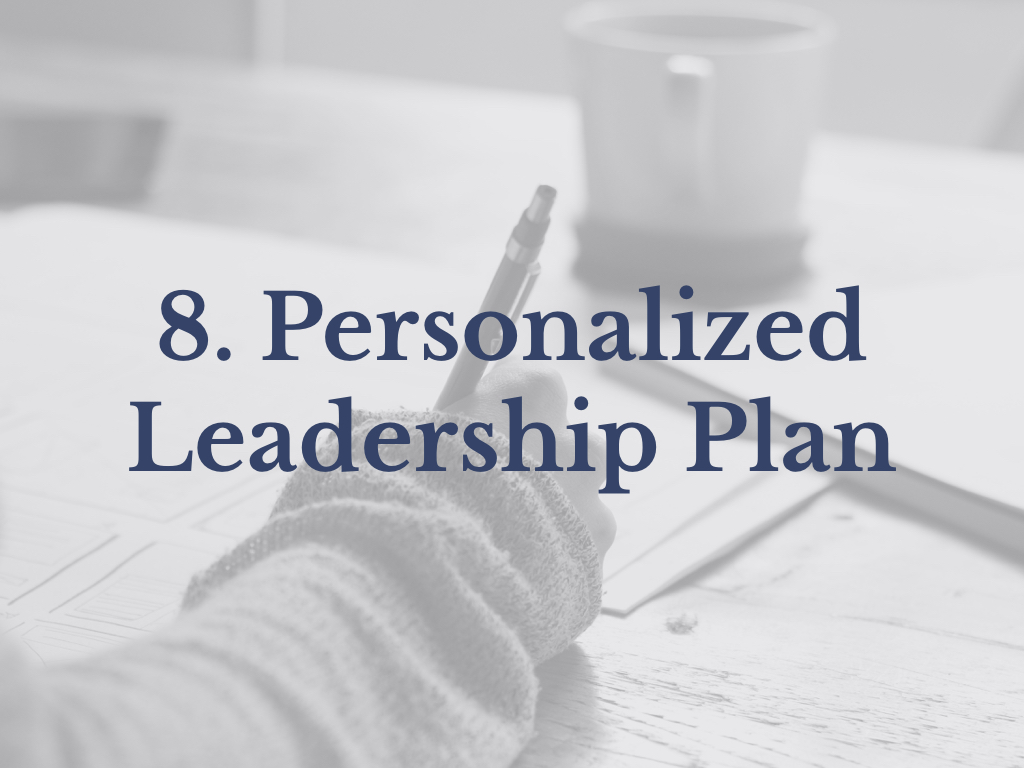Becoming a Leader in the Workplace: Effective Leadership Training
Effective leadership in the workplace begins with effective training. Most individuals are chosen because they have demonstrated leadership skills as: intrinsic motivation, results-oriented, technical skills, a team player, demonstrating people skills or having good communication skills. While we're all born with varying degrees of competency in each of these ares, effective leaders chose to engage in development and growth in order to be consistent and demonstrate a continuous improvement mindset.
Consider the following guidance from John Maxwell, a leading authority on leadership. He offers 3 important questions that followers ask of their leader.
- Does my leader care about me?
- Can my leader help me?
- Can I trust my leader?”
Maxwell believes that "your people don't care how much you know till they know how much you care”.
This is incredible wisdom and can be applied to leaders at all levels in the workplace.
Becoming a Leader
What are the skills required of a leader that allow her to inspire the people she leads? How can a leader show that he cares? How does she gain the trust of her team? In order to develop these skills one must connect with his team through developing positive and genuine relationships. An effective leader in the workplace must commit to growing her skills in the areas of connection and relationship building. What training might someone consider taking to build these skills? Data supports, and experience validates, that a training program aimed at equipping leaders to understand personality tendencies is the first step in building effective professional relationships.
Training that is interactive and engaging with practical application is the most meaningful and effective. A successful training experience will yield a participant that develops a better understanding about themselves as well as their own strengths and weaknesses. The participants will also learn about diversity from a personality perspective. This learning gives leaders better skills to enhance their influence.
How to Lead Your Team
Once a leader has made a connection and developed solid professional relationships, they must also develop the ability to lead the team. Leading a team encompasses maximizing the talent to achieve results. One aspect of this is creating an environment that is safe for people to express thoughts and ideas. This kind of environment allows for a process of healthy debate that leads to developing a trust within the team. Only after this environment is created will a leader be able to achieve a cohesive team that drives and delivers results. An effective way to grow this in a team is to have a leadership training session geared towards understanding how to create healthy debate. Having an effective team environment is one of many ways a leader helps and builds trust with their people.
Another excellent training approach that leaders should consider is having a mentor or coach that walks with her through this complex development journey. Coaches and mentors allow leaders to discuss struggles, consider options and use feedback to improve. A strong and effective coach will listen to the leader, learn about him and lead with strategic questions. The desired result is to allow each participant to grow in his or her leadership. Leadership development is a journey. A good leader is one that is always learning, trying new approaches, practicing and honing his skills. Effective leadership begins and ends with effective training in the workforce. If you're ready to learn how to be a good leader, start our leadership training course today!











